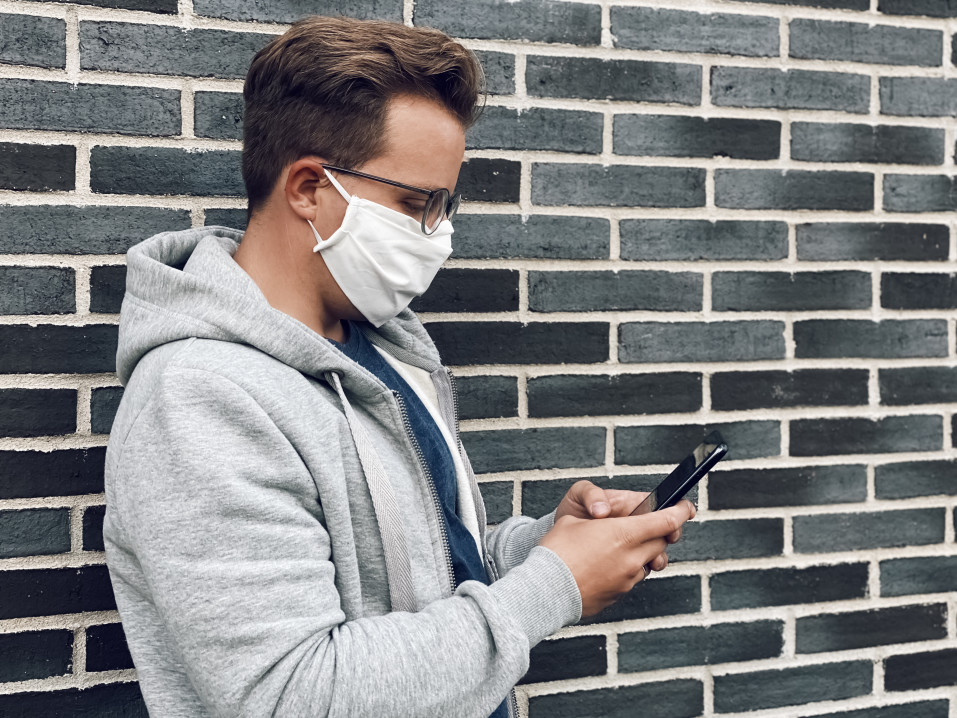Some think the quickest way to get back to normal is to limit access to jobs, schools and social events to those who can prove they had a negative Covid test.
Faced with an escalating pandemic, the world decided to largely shut down. Businesses were closed. Events were cancelled. Audiences were banned, flights were grounded, and (some) work and school went remote. Having a pint with your mates or your family round for a cuppa was even made illegal under some circumstances.
The reasoning behind all of this was simple. Coronavirus is an infectious disease, so if you stop people gathering you stop infected people from spreading the virus. Of course, at any given time during this pandemic, there have been many people - a majority of people in fact - who do not have the disease. If these people had gathered and hugged and flew and cheered and gossiped around the water cooler then there would be no problem. Unfortunately, the only way to distinguish an infected person from a non-infected person is to test them, because Covid-19 can be asymptomatic or take a while to show symptoms.
It would be helpful, then, if events, businesses and even individuals could test people before letting them into their building. But most would find it too costly, time-consuming or logistically tricky to set up a mini lab at their front door. Which is why some people are in favour of immunity passports which prove you've recently tested negative for Covid-19.
One American company has developed an immunity passport that takes the form of an app which generated a QR code of test results. It has suggested that workplaces and businesses could set up scanners and make the QR code a requirement of entry. In theory, this could allow for a return to something like normality, where everyone except those currently sick with the disease could go about their daily lives with all restrictions relaxed.
In practice, there are plenty of problems with immunity passports. For a start, they don’t actually guarantee someone is Covid-free: tests can give false negatives and people can be infected between getting the test and scanning their QR code. But even if they were 100 percent accurate, some people are worried that they’d end up increasing inequality. Poorer people, after all, are less likely to own smartphones and less likely to have the time or money to spend getting tested regularly.
Read our explainer on: is new tech always better?

